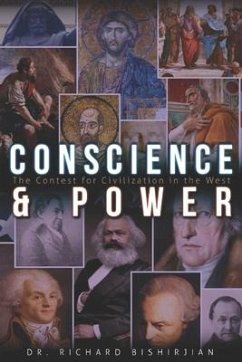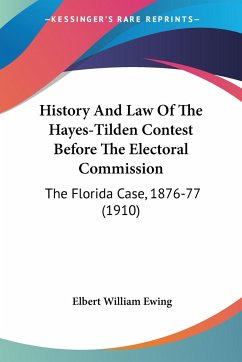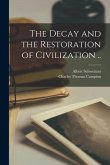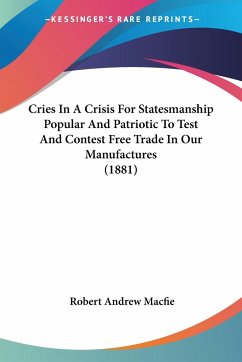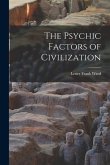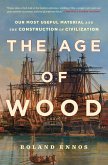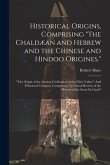Conscience and Power examines how civilization in "the West" arose after the fall of the Roman Empire and has grappled ever after with a desire of citizens of nations of Western civilization for justice and the necessities of political order. This contest between Western man's sense of justice and the rule of nation states has had consequences for democracy in America and in the centers of Western Europe, and the reason is that Roman religion was replaced by a new truth of social order-the order of Christendom. Consciousness of that new Christian faith defined a new era, from the 5th century to the 14th century, which historians call "First Europe," during which period Christian monastics and theologians celebrated faith in Christ and replaced the old order with a new tradition. Their "conscience" contested with monarchs who resisted their claim to dominance and gave us insight into the truths of Christendom. What we in the West inherited from ancient Israel, the ancient Greeks and Romans and an enduring Christendom formed during the Middle Ages, however, is no longer central to the lives of citizens of Western nation states. Because the death of everything living is preceded by a natural process of birth, growth and senescence, death is an end point for all "being things." Conscience and Power asks, therefore, how much longer can democracies in the West live before they, too, meet their end?
Hinweis: Dieser Artikel kann nur an eine deutsche Lieferadresse ausgeliefert werden.
Hinweis: Dieser Artikel kann nur an eine deutsche Lieferadresse ausgeliefert werden.

